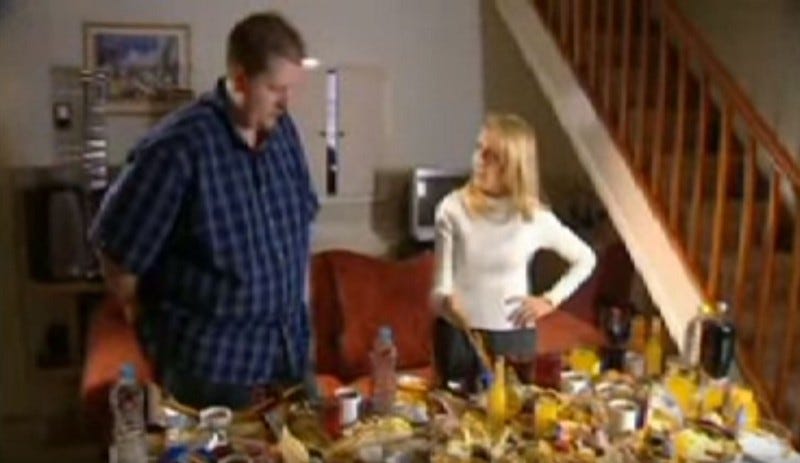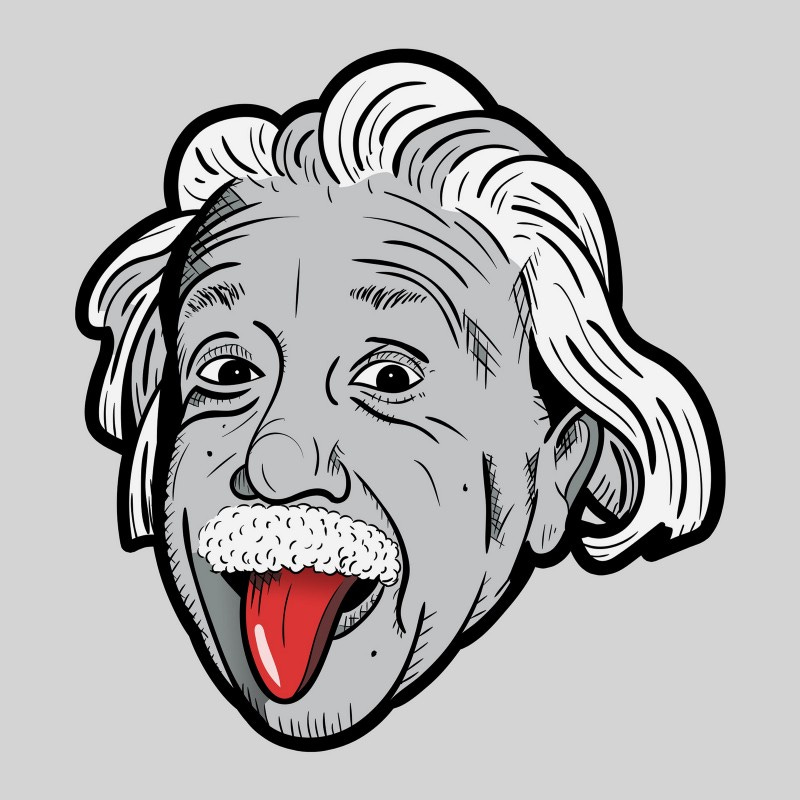Tapestries-8 | That’s why it’s called the ‘present’
‘The distinction between the past, present and future is only a stubbornly persistent illusion.’
Image by Branimir Lambaša
“The distinction between the past, present and future is only a stubbornly persistent illusion.”
– Albert Einstein
Einstein’s ‘Theory of Relativity’ fundamentally changed our understanding of time itself. But while the theory of space-time altered the course of physics and cosmology, it has done less for the common, more tactile experience of time. Today, it remains a poorly understood concept.
At the risk of sounding too ethereal, this piece considers the implications of the following statement:
Every moment in the past and in the future, was or will be a present moment at a specific point in time, just like this one.
This sounds self-evident, but is often overlooked. I believe the implications of this acknowledgement are profound and undervalued. Three are covered here:
First, it should provide us a greater understanding of the nature of the present moment.
We mistakenly believe that our life is made up of a mosaic of relationships, jobs, families, dreams, fears, triumphs or failures. In fact, it is made up of a finite number of individual moments in which we deal with a combination of these themes. A beautifully simple piece of writing brought this into focus for me, and has shaped my thinking ever since.
There are two practical outcomes from the acknowledgement that life is but a collection of individual moments:
The only thing over which we have a semblance of control is the present moment. We should therefore focus our efforts on what impact we can have on a relationship, job or dream in this particular moment. Acknowledging the power of the present moment — and the futility of trying to solve every aspect of our lives all-at-once and all-of-the-time — is the strongest argument for focusing on one thing at a time. Leading into #2…
My girlfriend tells me that anxiety is the gap between expectation and reality. As usual, she’s right. When we develop expectations of the future — a dream job or healthy lifestyle we want to lead — we immediately create that gap. Short of becoming a monk, there’s no way to stop this; it’s human nature. But what we can do, and what we can control, is what we do in this present moment. Be a more thoughtful boyfriend? Buy those flowers on the way home. Lead a healthier lifestyle? Book into that 6:00pm class. Committing to small actions in individual moments is the way to get close to fulfilling your expectations. The actions we make in each moment compound; getting moving is the only way forward.
The present does not grant the luxury of constant reflection or narrative building. It’s as close to objective reality as we may ever get, and it demands progress. Forward.
Second, it should provide us a better understanding of history, and our place in it.
Reflecting on historical decisions or events, we surmise that the eventual decision or event was the natural outcome; we look at history fatalistically. When we look ‘back’ at history and its movements and events, we discount the fact that at that specific point in time, it wasn’t yet ‘history’. It was the present.
The fact that history is told through a narrative — the ‘story’ of World War I or the ‘story’ of my mother’s family leaving South Africa — means we underestimate the capricious nature of historical moments. It makes them less real. It also cheapens the beauty of our present moments.
The construction of our present reality is inextricably tied to the way historical events played out. Small variations in those events would have had monumental impacts on us and our world. Appreciating the nature of the past should make us cherish our unique present.
Third, it should provide us a greater feel for the value of our time.
As a habitual slave to my inbox, my time is increasingly dictated by what is important to others. The pervasiveness of email ensures that we are constantly responding to an agenda that is important to somebody else.
Even during time spent away from email, I’m consumed by my phone and dopamine-inducing social media apps. Checking ‘Screen Time’ on my iPhone is the equivalent of having my weekly diet shamefully laid out in front of me. Siri’s tone may be measured, but her disgust is palpable.

We can look at the time spent on our devices a number of ways, including browsing, distraction, communication, procrastination or research. Notwithstanding the variation in purpose, one thing is common to most: revenue generation for the underlying platforms.
Money may make the world go ‘round, but attention makes the internet tick. Attention is a proxy for time, and it is being relentlessly auctioned off by those we cede it to. It is incredibly valuable to Google, Facebook and many others. It should by definition be infinitely more valuable to us, and should be treated as such. We must stop giving it away for free.
—
I sit here writing this on the eve of Yom Kippur, Judaism’s holiest day. While the religious interpretation compels us to reflect on our relationship with god, it is also an opportunity to reflect on who we are, who we would like to be, and what type of world we want to live in.
This level of self-reflection may seem to contradict the emphasis on the present moment described above. However, the discussion above should not be interpreted too strictly. We should aspire to live in the present moment, but should also acknowledge the role our past plays in our present and our future. The ability to think across time is one of the things that makes us human; reflecting is the exercise we undertake to derive value from this superpower.
To me, Yom Kippur’s beauty is the way it focuses the desire to reflect into a specific moment in time. For the next ~25 hours, it will provide the setting for my reflection. In a years’ time, I will likely repeat this practice. Much will likely change during this period, but the passage of time will be constant.
The present moment always contains intrinsic value; tonight, Yom Kippur sets the stage for it to meaningfully engage with the past and the future. There is no more deliberate way to be present.
Yesterday is history. Tomorrow’s a mystery. Today is a gift…

